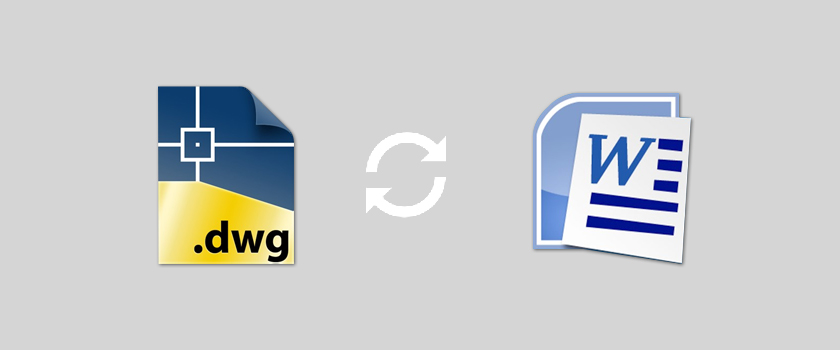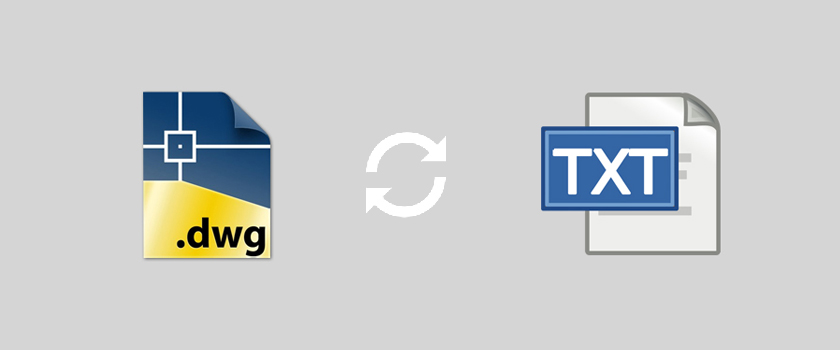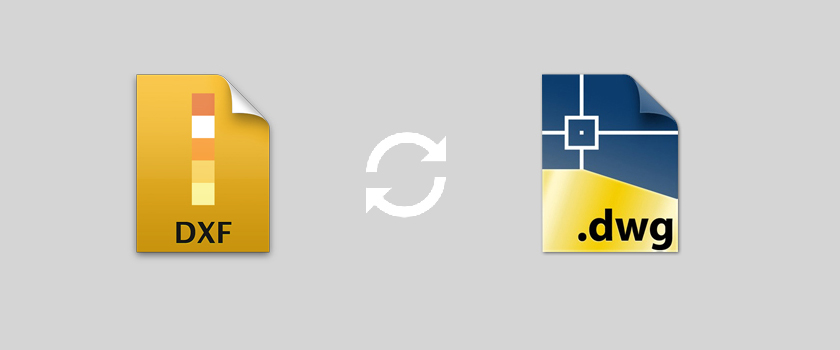By: Shahzad Bashir Posted on Wed, 19-07-2023

The need for technical translators has never been greater in a society driven by innovation and technological growth. These unsung heroes can cross linguistic barriers and make complex technical concepts understandable to a large audience.
However, what distinguishes the top technical translators or technical translation services from the rest?
How can you improve your translation abilities and truly master your trade?
These are some of the questions we will tackle in this article, so buckle up because we're about to go on an exciting adventure through the complexities of technical translation.
Understanding the particular vocabulary of the subject matter you are translating is one of the essential components of technical translation. Spend some time developing a solid foundation of terminology and ideas unique to the subject. Moreover, learn about your sector's technical manuals, industry dictionaries, and other technical documents. By doing so, you will be able to translate technical phrases clearly and consistently, improving the quality of your work. In addition, you will also get the opportunity to be recruited by some of the best technical document translation services out there.
Technical translations involve more than just switching out terms for equivalent ones in the target language. It is essential to understand the context in which the translation is being utilized. Therefore, learn everything there is to know about the intended usage, target audience, and purpose of the translated materials. This will enable you to modify your translations to match the particular requirements of the target audience, whether they are end users, technicians, or engineers. Furthermore, adapting the information to the cultural and professional context of the target language increases its efficiency and ensures seamless comprehension.
Technical domains constantly change, with innovations, tools, and terminology frequently appearing. Staying current with market trends and advancements is crucial to improve as a technical translator. Therefore, join relevant webinars or conferences. Moreover, you can follow thought leaders in your sector and subscribe to their newsletters. By being proactive, you'll be able to incorporate the most recent industry jargon and best practices into your translations and stay one step ahead of the curve. Ultimately, you will be able to perform efficient technical language translations for multinational corporations. And that in itself is a big deal.
Technology tools have become priceless resources for translators in the digital age. Look into and use terminology databases, machine translation tools, and translation software to increase your accuracy and productivity. These tools can help you manage your terminology and ensure consistency, accuracy, and thoroughness throughout your translations. But it's vital to remember that technology is only a tool, and correct and contextually suitable translations still rely heavily on human skill. Nonetheless, it is your responsibility to up your game. Nobody is going to do it for you. For instance, if you want to stand out from the rest of the competition, start offering technical translations in a language that is in demand, but the supply could be higher. If you know German, then offering German to English technical translations is something that can assist you in making a name for yourself.
Technical translators frequently work alongside project managers, clients, and subject-matter experts. For successful collaborations, one must have practical communication skills. Furthermore, contact clients and subject matter experts directly to clarify any confusion, get their opinion, and build a cooperative working relationship. In addition, you may provide translations that satisfy the needs and expectations of the client by communicating clearly and openly. Many technical translation firms cannot keep clients long-term because of a lack of communication. Hence, ensuring that you make your client happy and satisfied is equally important as ensuring you have excellent translation skills. Investing in and developing your customer success department will work wonders in this case.
A technical translator is constantly learning new things. For possibilities to improve your abilities and increase your knowledge, look for ongoing professional development options. Furthermore, attend pertinent workshops, register for focused courses, or work toward credentials in your expertise. By investing in your professional development, you increase your skill set and show that you are dedicated to producing translations of the highest caliber. But any sort of improvement comes from a consistent learning process. Often, translators lose their reputation or are unable to compete with upcoming professionals because they do not update their skills and abilities. One needs to modernize his methodology of working. This will only help you up your game.
Technical translations must be sensitive to cultural differences for the target audience to understand the message. Learn about the cultural subtleties of the target language so you can modify your translations. On the other hand, it's imperative to be aware of regional customs, idiomatic phrases, and cultural variances. This focus on cultural sensitivity will improve your translations' accuracy and allow you to engage the target audience more deeply.
Technical translations frequently deal with complex subject matter and expert documentation. To ensure reliable translations, it is crucial to develop good research abilities. Moreover, spend time learning as much as possible about your translation subject. To obtain more profound knowledge, consult reliable resources, technical manuals, and subject matter experts. You will be better able to understand the content's nuances and produce translations customized for the specific tenets of the project.
Diagrams, charts, and tables that convey essential information are commonly included in technical translations. Formatting and layout must be carefully considered to ensure that the translated materials maintain their visual coherence and clarity. Make sure the translated text adheres to the original layout by becoming familiar with the formatting conventions unique to your target language. It is easier to read and use translated materials when they are formatted and laid out consistently.
Gaining feedback is crucial for developing your translation abilities. To learn about areas for development, ask clients, coworkers, and business leaders for their opinions. Make the most of constructive feedback to improve your strategy and the quality of your translations. Additionally, consider your job and draw lessons from your past. Recognize trends, difficulties, and achievements in your translations, and use these insights to continuously develop and improve your abilities.
We can't help but be motivated as we come to a conclusion on our journey into the world of technical translation because of the enormous potential that technical translators possess. We have investigated the many tactics and strategies to step up our game and master this complex craft. The road to success in technical translation is paved with devotion and a passion for information, from developing subject-matter expertise to utilizing technology and consistently polishing our skills.
Keep in mind that the technical translation field is constantly changing, bringing new opportunities and obstacles. Embrace the field's dynamism and remain ahead of the curve by following market trends and technical developments. Never be afraid to ask for comments, learn from mistakes, and support ongoing growth.
We hope this article was sufficient to get you on the correct path to technical translation prowess.

dwg: It means a drawing file save format created by AutoCAD, and now has been the standard format of 2D
Read More
dwg: It means a drawing file save format created by AutoCAD, and now has been the standard format of 2D
Read More
Mars Translation can help you extract the texts in a DWG file and convert them into a Word file so
Read More
dwg: It means a drawing file save format created by AutoCAD, and now has been the standard format of 2D
Read More
dwg: It means a drawing file save format created by AutoCAD, and now has been the standard format of 2D
Read More
MarsTranslation can help you extract the texts in a DWG file and convert them into a XML file so that
Read More
If you are a designer you are bound to find yourself in situations when you have to convert your DWG
Read More
dwg: It means a drawing file save format created by AutoCAD, and now has been the standard format of 2D
Read More
MarsTranslation can help you extract the texts in a DWG file and convert them into a Word file so that
Read More


Document Translation
Professional document translation by native expertsApp Localization
Get more downloads by adapting your app for different target marketsVideo Translation
Multilingual translation and subtitling servicesWebsite Localization
Adapt your website into multiple contexts for global reachSoftware Localization
Adapt your software for global usersGame Localization
Reach new players with localized gameplayMTPE
Refine AI translations for natural fluencyBusiness Translation
Professional translation for business documents and websitesDTP & File Conversion
Professional DTP and File conversion, supporting multiple file formatsProofreading
Perfect your content with expert review© Copyright 2026 MarsTranslation